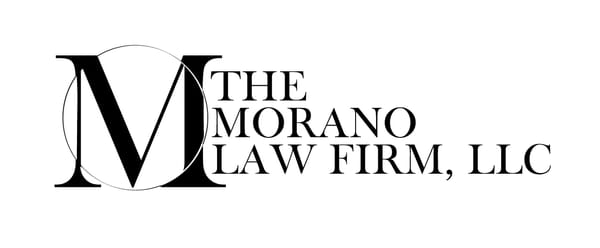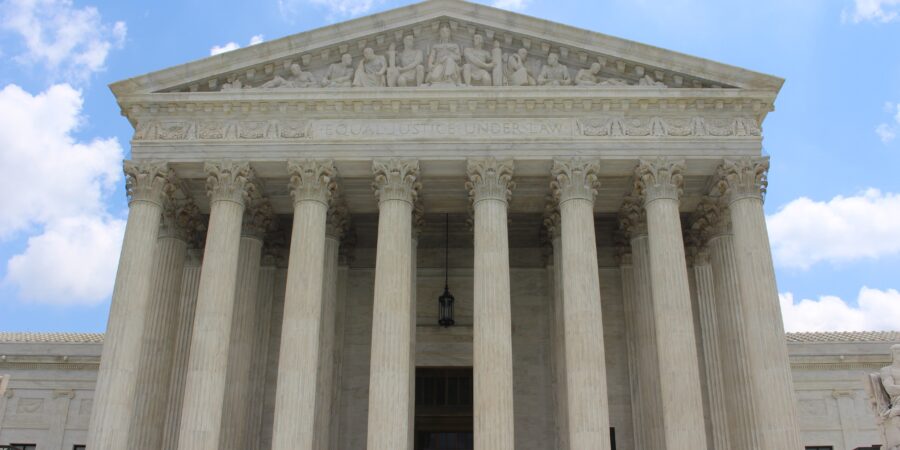Understanding New Jersey’s Graves Act: What You Need to Know
If you’re a resident of New Jersey or find yourself facing criminal charges in the Garden State, it’s essential to be aware of the state’s strict gun laws. Among the most notorious of these laws is the Graves Act, which can have severe consequences for those convicted of certain firearms offenses. In this blog post, we’ll take a closer look at the Graves Act, its implications, and how you can navigate the legal complexities surrounding it.
What is the Graves Act?
The Graves Act, formally known as the “Graves Act Mandatory Minimum Sentences for Gun Crimes,” is a New Jersey law that was enacted to deter the unlawful possession and use of firearms. It imposes mandatory minimum sentences for individuals convicted of specific gun-related offenses. The primary goal of the act is to reduce gun violence and protect the public from the misuse of firearms.
Offenses Covered by the Graves Act
The Graves Act applies to various firearms-related offenses, including but not limited to:
- Unlawful Possession of a Weapon (UPW): This includes possessing a firearm without the proper permits or possessing a weapon that has been unlawfully modified.
- Possession of a Firearm for an Unlawful Purpose: If you’re found in possession of a firearm with the intent to use it unlawfully, such as for committing a crime, you could be subject to the Graves Act.
- Certain Felonies Committed While in Possession of a Firearm: If you commit certain felonies while possessing a firearm, such as robbery or assault, the Graves Act may apply.
Penalties Under the Graves Act
If convicted under the Graves Act, you will face mandatory minimum sentences that typically involve a period of parole ineligibility. This means that you must serve a specified portion of your sentence before becoming eligible for parole. The length of parole ineligibility varies depending on the specific offense and the circumstances surrounding it.
Defending Against Graves Act Charges
While the Graves Act is undoubtedly strict, it’s essential to remember that you have rights, and there may be defense strategies that can help you avoid or reduce the penalties associated with Graves Act offenses. These defenses may include challenging the evidence, negotiating plea deals, or exploring diversionary programs, such as Pre-Trial Intervention (PTI) for first-time offenders.
Consult with an Experienced Attorney
Facing charges under the Graves Act is a serious matter that requires immediate attention from an experienced criminal defense attorney. A skilled attorney can assess your case, explore your legal options, and work diligently to protect your rights and interests.
At The Morano Law Firm, we have an extensive understanding of New Jersey’s firearm laws, including the Graves Act. We have a long history of defending people faced with these types of charges. If you or a loved one is facing charges related to firearms offenses, don’t hesitate to reach out for a consultation. We are committed to providing the best possible legal representation and guiding you through the complexities of the Graves Act and New Jersey’s criminal justice system.
Conclusion
Understanding the Graves Act is crucial for anyone living in or visiting New Jersey. The strict penalties associated with Graves Act offenses make it imperative to seek legal counsel if you are charged with a firearms-related offense. Remember that each case is unique, and consulting with an experienced attorney is the first step in building a strong defense.
If you have questions about the Graves Act or need legal assistance, please contact The Morano Law Firm at 201-598-5019 today for a confidential consultation. Your future may depend on it.

